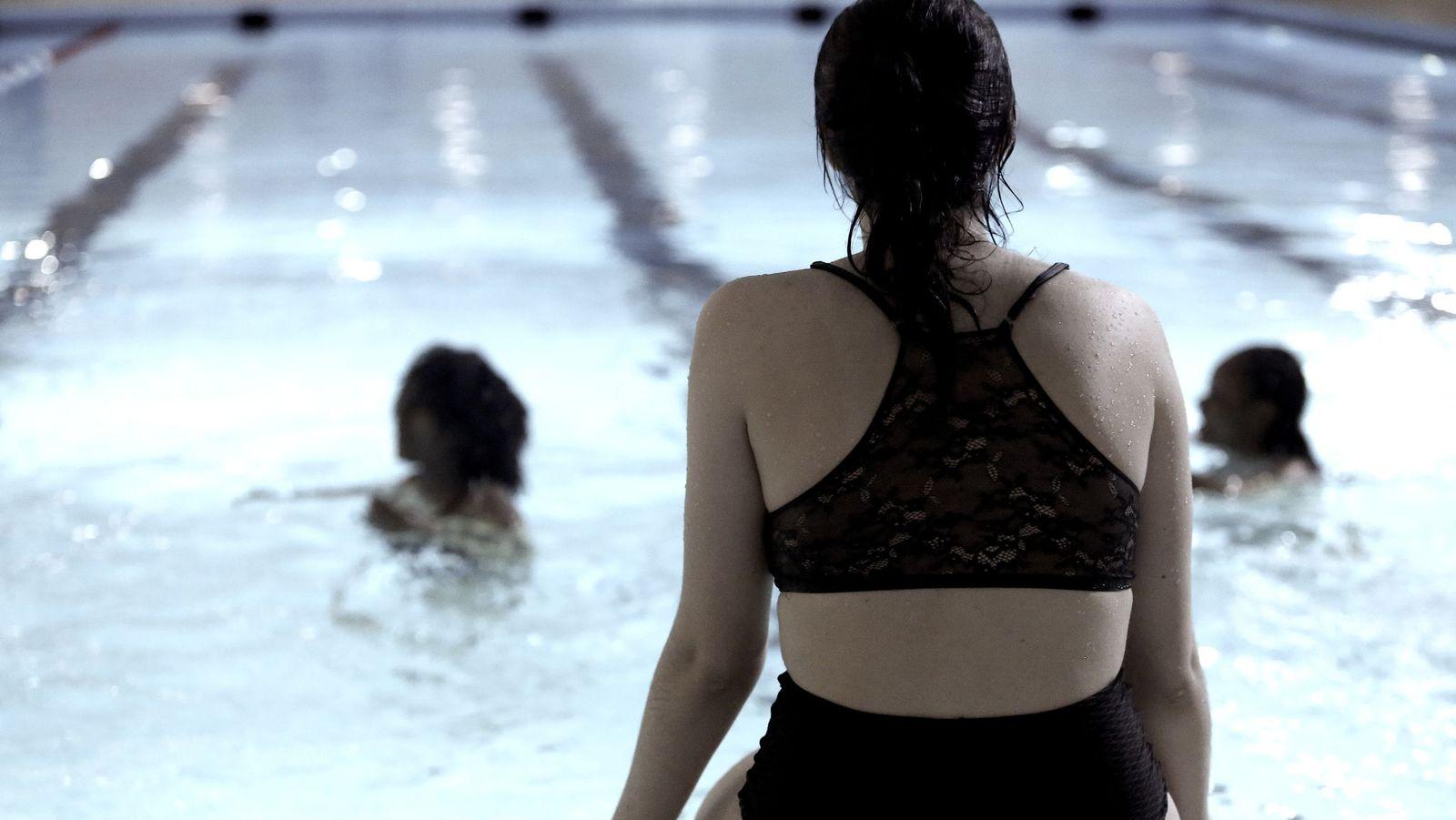
The shadows and light of growing up is a theme that independent cinema wants to explore. The filmmakers are taking a hard look at common beliefs and cultural norms surrounding childhood, especially those concerning its supposed naivety and innocence. “The Age of Innocence” – this year's special themed section of Mastercard OFF CAMERA – focuses on the changes that are currently taking place in models and methods of storytelling about childhood. Films reveal its darker, less obvious and non-normative side. The children portrayed in films are often mysterious and inscrutable, sometimes even brutal. But they’re the ones who have the last word, and we see the on-screen events from their perspective. The filmmakers listen carefully to the needs and desires of children themselves, which the adult world is actually so afraid of, rather than striving to discipline, train and educate them, guarding a preconceived idea of their innocence.
Murina – the winner of last year’s Caméra d’Or at Cannes – is a debut feature by US-based Croatian director, who is also the co-author of the screenplay – Antoneta Alamat Kusijanović. Life seems to be idyllic for Julija (Gracija Filipovic, in a mesmerizing performance). She lives on a Croatian island, and spends her time swimming in the sea and enjoying the local beaches. Julia and her mother have to deal with a truly despotic father. Eventually the arrival of a handsome long-time family friend changes things: Julija starts to rebel. Executive-produced by Martin Scorsese, with beautiful cinematography by Héléne Louvart (a frequent collaborator of Claire Denis and Wim Wenders), Murina shows the transformation of the central character from a girl to a woman. And beyond that it reveals how strongly Julija is impacted by sexist gender norms, as the director guides her toward emancipation.
The action of the film by Fred Baillif, a Swiss director, screenwriter, and also a former social worker, takes place in a home for troubled youth in Geneva. The teenage girls make more than a good team, they form a kind of patchwork, modern family. Viewers get to know the girls backstories. Sexual violence, harassment and difficult family relationships are an everyday reality. The director shows not only the ups and downs of growing up, but also many difficulties related to class, race and economic challenges. The Fam won the Grand Prix in the Generation 14plus competition at last year’s Berlinale.
Little Solange by Axelle Ropert, with great empathy and sensitivity, presents the dilemmas and the ever-changing emotional state of a 13-year-old girl who is just getting to know herself and the world around her. Her parents at first seem like a perfect couple, but they begin to fight and soon start to drift apart. Their stubborn and clever daughter does everything in her power to keep them together and save her happy reality, but a divorce is inevitable and big changes are coming whether she likes it or not. The story is told from the point of view of the young protagonist, and a complex and at times quite dark panorama of feelings and affects unfolds in the girl as she reaches a turning point in her adolescence.
“The Age of Innocence” is a new section at Mastercard OFF CAMERA.
“The Age of Innocence” is a new section at Mastercard OFF CAMERA.The section has been prepared in cooperation with the SEXEDPL social campaign initiated by Anja Rubik.
See you in Krakow at Mastercard OFF CAMERA from 29th April to 8th May 2022.
For more information about the program and news visit www.offcamera.pl/en and social media: